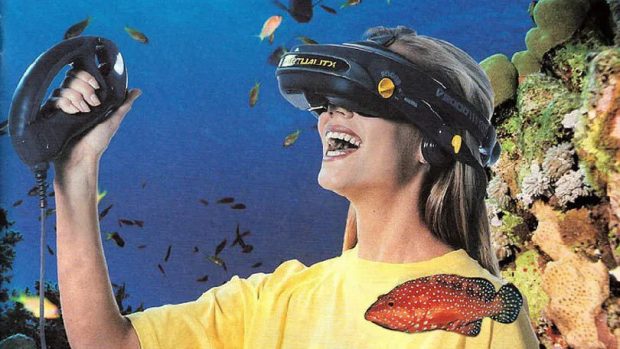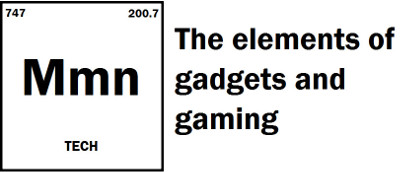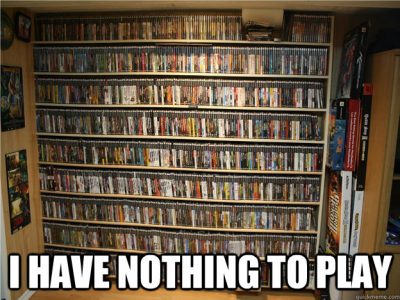

VR is not the future of gaming
When you’ve been gaming for as long as I have, you’ve had the pleasure to see a lot of fads come and go from the hobby. And one of the most overhyped fads in that time just might be virtual reality.
Consumer VR has been with us for about a decade now. This past year, I finally got to try out a high end HTC Vive Pro headset. I was having balance issues, and my physiotherapist actually uses one to help with training. So I got a chance to play a couple of titles; Fancy Skiing, and that plank one everyone has to scare their friends. That last one is admittedly a tad unnerving despite the cartoony graphics. So indeed, VR does have the capability to make you feel like you’re in another world.
Neither of these games are particularly good though. While VR does have some exceptionally well done games, the vast majority seem to be targeted at YouTubers and Twitch streamers. You just have to look at the list of top rated titles on Steam for evidence. Job Simulator, Boneworks, VR Chat, Beat Saber, I Expect You To Die. Gimmicky, off-the-wall titles with relatively shallow gameplay. The stuff you’d expect to see covered by people like I Am Crusty, or PewDiePie back when Pewds actually did gaming content. Even Skyrim VR is little more than a meme at this point.
That’s not to say these are necessarily bad games. Beat Saber, and its lesser known older brother, Audioshield, can be a lot of fun at parties. But the initial novelty of these wares off quickly. Of course there are serious VR titles. I named Half-Life: Alyx as one of the best games of 2020. There’s also no shortage of vehicle simulation games, which is where VR really shines. But for the most part, the medium seems to struggle with offering more than shallow experiences.
If this sounds familiar, you probably remember the motion control craze of the late 2000s. The Wii came under a lot of criticism for its plethora of shovelware titles. Granted the console also had some very good games as well, like Mario Galaxy, Twilight Princess, and the original Xenoblade. Yet it always felt like the control scheme was holding these better, more traditional games back. Meanwhile, the more casual players Nintendo was targeting eventually got bored, and didn’t move over to their next gen console. Nowadays, motion controls are barely talked about. The Switch has them, but very few games make use of it beyond a handful of fitness titles, and Arms. On the opposing teams, PlayStation Move has been relegated to a footnote, while Kinect feels like a fever dream at this point.
I think we’re starting to see the same thing with VR. The industry as a whole is treating it with a collective shrug. Facebook has lost billions investing in their ugly VR Chat clone. Such so that it’s lead to calls for android-in-chief Mark Zuckerberg to step down. Microsoft has been virtually ignoring it. GPU makers have stopped using VR benchmarks as a selling point. Even Valve, who was pushing VR hard a couple of years ago, has gone a bit quite on that front. While there have been rumours that a cheaper Index is in the works, all attention seems to be on the Steam Deck right now. Meanwhile Sony is still plowing ahead with a new PlayStation VR for the PS5. But even its announcement felt a bit low key.
Aside from the limited nature of the software, VR has plenty of other issues too. The hardware is still pricey on its own, while requiring a powerful companion computer. Which can make a decent setup prohibitively expensive. There are cheaper alternatives like the Oculus Quest, but even the price of that has been creeping up. Headsets are also incredibly inconvenient. 3DTV failed because nobody wanted to wear the glasses all the time. Now apply that to strapping a bulky thing to your face. There’s also work to be done with motion sickness, and getting them to work for us folk who wear prescription eyewear.
I don’t think VR is ever going to go away. It has a dedicated enough fanbase out there to maintain demand. That said, I think its going to remain a niche product for the foreseeable future. It’s certainly not going to replace traditional gaming on 2D displays. At least not anytime soon.


